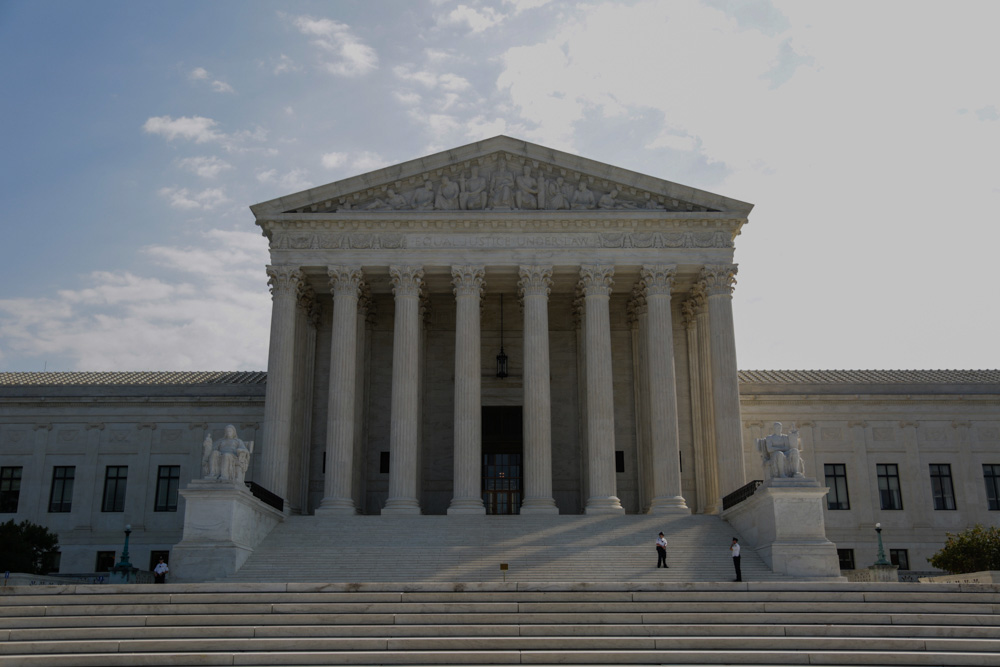Judges from all levels of the U.S. court system and legal experts told a congressional panel Thursday that the federal judiciary needed greater racial and gender diversity.
“I feel there is a cost when voices are missing from the room,” U.S. District Judge Edward Chen told the House Judiciary subcommittee on courts, intellectual property and the internet. “That cost isn’t theoretical, it is real. Diversity makes for a better judiciary, that in turn helps fulfill our promise for justice for all.”
Judges shared anecdotes from their own experiences dealing with diversity in the courts, cited cases where the diversity of judges impacted the outcome of cases and discussed the overwhelming whiteness of judges in the judicial branch.
While some argued that increasing diversity would increase trust in the judicial system and make the system overall more fair and representative of the general American population, some lawmakers saw the calls for more diversity as an invitation to more racial discrimination and furthering political ideologies.
“Today this committee’s message is: ‘We will judge you by the color of your skin, race, gender and politics, not by your character or qualifications,’” said Rep. Tom Tiffany, R-Wisconsin. “Over the last few years we’ve seen well-qualified and diverse nominations to the courts. However, because they were Republican nominations, the Democrats didn’t think they were diverse enough.”
But the judges and experts told the panel that the goal was not to over-diversify, but to remove barriers to allow qualified judges of color and female judges to rise through the ranks.
“No one on these panels (is) arguing that people ought to be appointed to positions or have an opportunity to achieve just because of their gender or their appearance,” said Circuit Judge Bernice Donald. “They should be able to compete without the barrier of race or gender or socioeconomic status.”
Rep. Ted Lieu, D-California, passionately argued against what he called the “lie” that minorities are less qualified to be in high-ranking judge positions, which accounts for the lack of diversity.
“When you have a federal judiciary that is 73 percent white and male, far above that actual population of white males, and then you say that the reason is because of merit, you’re sending the message that minorities are less qualified, more stupid, less good to be judges on the federal judiciary,” Lieu said. “That is what is so corrosive about not diversifying the federal judiciary.”
Other committee members questioned the validity of the argument that the lack of diversity among judges is a product of capability.
“You just can’t tell me that the only qualified people in America to be judges are white people who went to Harvard or Yale,” Rep. Zoe Lofgren, D-California, said.
A more diverse bench would call on different life experiences, different educations, and different legal experiences to create an overall more equitable, trusted judicial system, judges and experts told the subcommittee.

